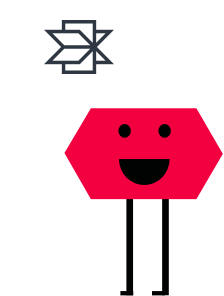Polytechnique Montréal - Pavillon principal
Séminaire présenté par Monsieur Christian Kästner de l’Institut de recherche logicielle de Carnegie Mellon.
Titre : How to Break an API: How Community Values Influence Practices
Abstract:
Breaking the API of a package can create severe disruptions downstream, but package maintainers have flexibility in whether and how to perform a change. Through interviews and a survey, we found that developers within a community or platform often share cohesive practices (e.g., semver, backporting, synchronized releases), but that those practices differ from community to community, and that most developers are not aware of alternative strategies and practices, their tradeoffs, and why other communities adopt them. Most interestingly, it seems that often practices and community consensus seems to be driven by implicit values in each community, such as stability, rapid access, or ease to contribute. Understanding and discussing values openly can help to understand and resolve conflicts, such as discussions between demands for more stability and a pursuit of frequent and disruptive innovations.
Bio:
Christian Kästner is an associate professor in the School of Computer Science at Carnegie Mellon University, interested in limits of modularity and complexity caused by variability in software systems. He develops mechanisms, languages, and tools to implement variability in a disciplined way despite imperfect modularity, to understand feature interactions and interoperability issues, to detect errors, to help with nonmodular changes, and to improve program comprehension in software systems, typically systems with a high amount of variability. Among others, he has developed approaches to parse and type check all compile-time configurations of the Linux kernel in the TypeChef project.
Plus d'information : https://www.cs.cmu.edu/~ckaestne/
Bienvenue à tous!

 Mur Mitoyen
Mur Mitoyen